Best AI tools for Marketers
AI tools have taken marketing to the next level in 2024. ChatGPT has become a household word. These tools have helped us fill critical gaps in personalization, data analysis, content creation, and real-time decision-making. Yes, they’re not perfect, and we’re not expecting them to be perfect. That’s why they’re called tools. When you know how to use the hammer, you can build a beautiful house.
But there are so many questions. How do the tools differ from each other? Why do marketers need these tools specifically? Should you pay for these tools or use the free versions?
Let’s dive right into it.
How artificial intelligence is helping marketers
Marketing has always been a data-driven field. However, processing that data in real time was cumbersome and time-consuming. Traditional analytics tools could provide insights, but they couldn’t keep pace with the huge volume of info in an increasingly complex digital world.
With AI, marketers can now analyze data faster, predict customer behavior with greater accuracy, and create highly personalized experiences at scale.
AI has also helped us automate a lot of tasks, from customer segmentation to content marketing. For example, HubSpot’s Copilot can generate blog posts, social media updates, and email copy in minutes—a task that previously required hours of manual effort. Google Analytics 4 lets you track and interpret user behavior across websites and apps.
AI tools also let us marketers experiment with new creative strategies that wouldn’t have been possible without machine learning algorithms. For example, Jacquard uses AI to generate and optimize subject lines for email marketing campaigns, allowing marketers to test and refine their messaging more effectively than traditional A/B testing ever could.
Specific tools for specific marketing professionals
Each profession within marketing has different requirements and expectations. Whether your speciality is design, writing, social media, data analysis, SEO or email marketing, there are AI tools built specifically for your tasks.
AI tools for designers
- Canva: Canva‘s AI features allow designers to quickly create social media graphics, presentations, and marketing materials. Its AI-driven suggestions for layout and color schemes help streamline design workflows.
- Adobe Sensei: Part of Adobe Creative Cloud, Adobe Sensei uses AI and machine learning to automate tasks like image tagging, layout design, and even font selection.
- Runway ML: Runway ML uses machine learning to help designers generate images, videos, and 3D content. Designers can create visuals using prompts, making it a powerful tool for rapid content generation.
AI tools for copywriters
- Jasper: A leading AI writing tool that helps copywriters create long-form content, from blog posts to email marketing campaigns. Jasper offers a wide variety of templates and assists with SEO optimization as well.
- Grammarly: More than just a grammar checker, Grammarly’s AI engine also improves sentence structure, style, and tone, ensuring that the copy is polished and professional.
- Copy.ai: Copy.ai is a tool that generates ad copy, email content, and even blog ideas. Copywriters can rely on it for quick drafts, which they can refine for tone and brand voice.
AI tools for social media marketers
- Hootsuite: Hootsuite’s AI features help social media marketers by automating post scheduling, monitoring brand mentions, and providing detailed analytics on audience engagement.
- Buffer: Buffer uses AI to determine the best times to post on social media, analyze post-performance, and automate posting across multiple platforms.
- Sprout Social: Sprout Social is an AI-powered tool that allows social media marketers to monitor brand sentiment, automate responses, and gain in-depth insights into social media campaign performance.
AI tools for SEO specialists
- HubSpot AI Search Grader: HubSpot’s AI Search Grader is a powerful free tool designed to analyze your brand for today’s AI search engines.
- Ahrefs: Known for its robust backlink analysis, Ahrefs uses AI to assist in keyword research, competitor analysis, and website audits to improve overall SEO performance.
- SEMrush: A comprehensive SEO tool, SEMrush uses AI to offer keyword suggestions, content gap analysis, and on-page SEO audits, helping specialists stay ahead of the curve.
AI Tools for Data Analysts
- Tableau: Tableau’s AI capabilities allow data analysts to visualize and analyze marketing data in real time, identifying trends and opportunities for optimization.
- Domo: Domo’s AI-powered platform helps data analysts create dashboards and reports that summarize key marketing metrics, enabling data-driven decision-making.
- Looker: Part of Google Cloud, Looker uses AI to generate insights from complex datasets, providing marketing teams with detailed performance metrics and recommendations.
AI Tools for Email Marketers
- Mailchimp: Mailchimp’s AI features include predictive audience segmentation, email scheduling based on optimal open times, and content recommendations.
- Constant Contact: Constant Contact uses AI to personalize email content, helping email marketers increase engagement rates and conversions.
- Litmus: Litmus uses AI to test email campaigns across different platforms and devices, ensuring that your emails render perfectly no matter where they are opened.
The limitations of AI tools in marketing
It depends on the data you feed it
These tools are only as good as the data they are trained on, and marketers must be cautious of bias in their algorithms. If AI is trained on incomplete or biased data, the results will reflect those inaccuracies, potentially leading to flawed marketing decisions.
Integration can sometimes be a challenge
Another significant limitation is the issue of integrating AI with existing marketing stacks. Many marketers find that while AI tools offer powerful capabilities, they don’t always integrate seamlessly with their current platforms, leading to inefficiencies.
You might become over-reliant
Finally, there’s the issue of over-reliance. While AI tools can automate tasks and provide valuable insights, they are not infallible. Marketers must still rely on their expertise to interpret AI-generated data and make informed decisions.
Should you use free or paid AI marketing tools?
One of the most common questions marketers face is whether to use free or paid AI tools.
The benefits of free AI marketing tools
- Save your hard-earned cash: The most obvious benefit is that they’re free, allowing marketers to access AI-driven features without straining their budget. This is ideal for small businesses or startups that need to keep costs low.
- They’re normally easy to use: Free tools often have user-friendly interfaces, making them accessible even to non-technical users. They are great for marketers looking to experiment with AI without investing in complex or costly software.
- Enough to run a decent campaign: Many free AI marketing tools offer essential features like content generation, basic analytics, social media scheduling, and email automation, which can still add significant value to marketing campaigns.
- Try before you commit: Free tools allow marketers to test and experiment with AI capabilities before deciding whether to commit to more advanced, paid versions. It gives them the chance to assess whether AI solutions fit into their workflow.
- Grow within the product ecosystem: Some free tools offer paid tiers with advanced features. As your business or marketing efforts grow, you can upgrade within the same tool ecosystem, making the transition to a paid plan seamless.
The benefits of paid AI marketing tools
- Access to the best features: Paid tools typically offer more comprehensive features, such as advanced analytics, deeper customer insights, predictive capabilities, and better automation options. These features can improve marketing strategies, from hyper-personalized content to sophisticated audience segmentation.
- Customize the AI model to your business needs: Paid tools often allow for more customization, enabling marketers to tailor the AI models and processes to suit their specific needs. This flexibility ensures the tools can be adapted for a wide range of industries, campaigns, and audiences.
- They normally integrate better into marketing stacks: Paid AI tools usually integrate seamlessly with other marketing platforms (like CRM systems, email marketing software, and social media tools), allowing marketers to manage everything from one central platform. This eliminates silos, enhances data flow, and creates more streamlined workflows.
- Expert customer support: With paid AI marketing tools, you usually get access to dedicated customer support. Whether it’s onboarding, troubleshooting, or optimizing tool usage, having expert support available can significantly reduce downtime and maximize the tool’s effectiveness.
- The output is more reliable: Paid AI tools often use more advanced algorithms and larger datasets, resulting in more accurate and reliable outputs. Whether it’s predictive analytics or AI-driven content generation, the precision and quality of results tend to be superior.
- More security measures: Paid tools generally provide better security measures, data encryption, and compliance features, which are crucial for businesses handling sensitive customer information. This is particularly important in industries where data privacy and regulations (like GDPR) are a concern.
We can help you choose the right AI marketing tools
Over our many years in the marketing industry, we’ve tested dozens of AI tools to see which ones perform best. Contact us to get a holistic understanding of what these different tools offer and how they might benefit your marketing team.
Contact XDigitalSEO
You can also find us on:


